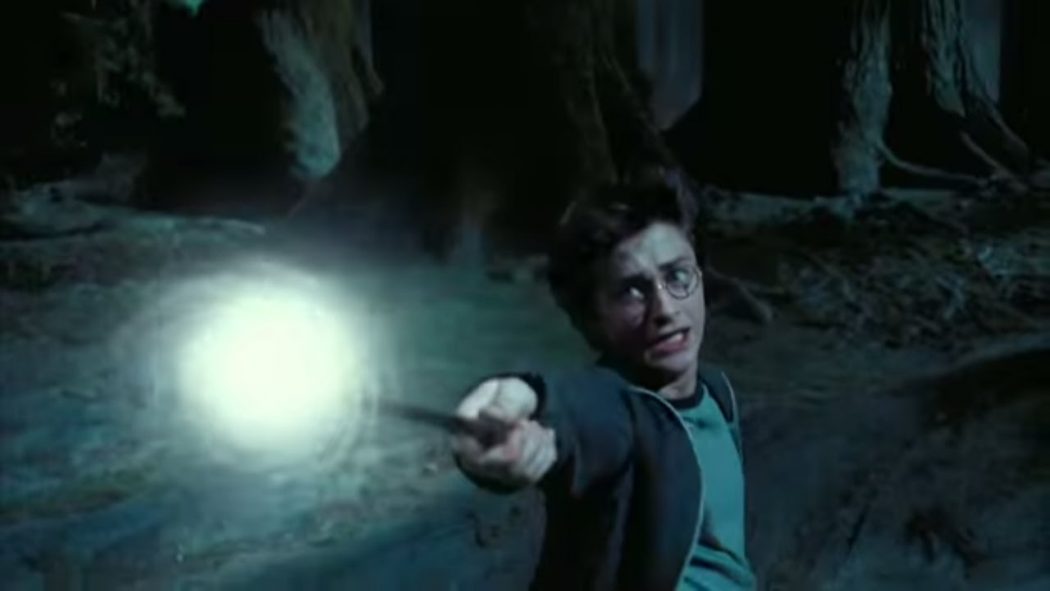In Azkaban, a restless John Williams would deliver his final and finest Potter score
For a guy responsible for shaping its most recognizable elements, John Williams sure dropped out of Hogwarts early. His third and final contribution to the bestselling series-turned-blockbuster phenomenon, Harry Potter and the Prisoner of Azkaban also happens to be his best foot forward.
Alfonso Cuarón’s entry is notably grimier than the squeaky clean innocence of Chris Columbus’s first two films. John Williams’ original score is a stone cold classic, a bravura table-setter’s worth of neo-romantic composition. “Hedwig’s Theme” alone has been remixed and sample and teased in countless trailers and video games and TV spots for the past 15 years. It’s a perfect crystallization of J.K. Rowling’s universe, glassy and mysterious and a little unsettling.
Azkaban isn’t “magical terrorism at a live sporting event” levels of dark, but it’s a way’s away from all that wonder and innocence. Now on his third year at Hogwarts, Harry Potter (Daniel Radcliffe) spends much of the movie dodging Sirius Black (Gary Oldman), Azkaban Prison’s newest fugitive who, rumor has it, is looking to exact revenge on Harry.
Things are indeed changing for both wizards and the non-magicking Muggles. Williams has two tricks up his own sleeve for such an occasion, introducing new musical styles and far more solo voices. The latter is easy to hear because Azkaban is brimming with singularities. Solo woodwinds thump out introductory lines for “The Knight Bus,” the haphazard magical metro line a despondent Harry takes to escape his abusive aunt and uncle. “Secrets of the Castle” nods back to “Hedwig’s Theme” with the inclusion of solo celeste, recalling that textural familiarity only to twist it into an overeager solo flute and then “crush” that line. “A Window to the Past” features solo recorder, pining with a Celtic-styled melody as Harry remembers his long-gone parents.
“A Window to the Past” is also decidedly antiquated, practically medieval when compared to Williams’s first two scores and audibly out of reach with his neo-romantic language. Williams is demonstrably restless this time around, breaking out period instruments like there’s no tomorrow. “Hagrid the Professor” sounds like a Baroque chamber piece, and “Aunt Marge’s Waltz” stomps out a Tchaikovian promenade with glee. And if you thought there was any pattern to this, the aforementioned “Knight Bus” is filled with jazz riffs from brass and sax.
We’re listening to a last hurrah. “Double Trouble” which gets, at most, 45 seconds of screentime from the Hogwarts School Choir of Witchcraft and Wizardry, has a full arrangement on the soundtrack. Bass-singing bullfrogs in hand, the choir screeches out “Something Wicked This Way Comes!” to a new class of students. In the diegesis, it’s a welcome back to the familiar and for Williams, it’s an ironic opening salvo, a gorgeous warning of things on the horizon, with a melody that, like the deadly Dementor prison guard, looms large over the rest of the film.
Harry Potter is obsessed with its own past: which famous wizards did what and when terrible events were witnessed by whom. In some respects, The Prisoner of Azkaban honors that, reaching far into outmoded musical recesses and nodding to soundscapes and textures that feel ancient, even when compared to its appropriately time-worn leitmotif. Then again, its composer is clearly ready for something more. We know what happens to those who fail to learn their history; just don’t make John Williams repeat himself again.
- UW Cinematheque presents Harry Potter and the Prisoner of Azkaban on Sun, Feb 19 at 2:00p in the Chazen Art Museum. Admission is FREE and open to the public.

